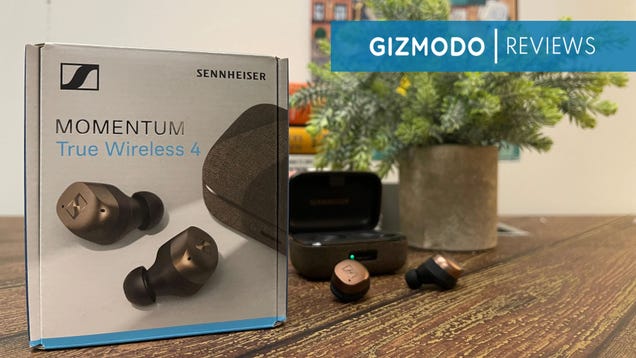Second puberty isn’t actual puberty revisited. But you could experience similar symptoms in your 20s, 30s, and beyond, courtesy of the aging process.
There’s no official “second puberty” in the medical textbooks. Still, some folks use the term to describe the natural age-related changes that gracefully make their entrance during adulthood.
If the entire idea of “puberty 2.0” is fresh territory for you, don’t worry! Here’s the lowdown on everything you need to know.
Women’s second puberty is a surprise sequel to the hormonal adventures you remember from your teenage years. During adolescence, your body underwent a whirlwind of changes, and guess what? Adulthood decided to throw you a curveball by bringing some of those changes back for an encore performance.
But, even though these changes may resemble those of puberty — acne, weight gain, and hormone fluctuations — there’s no such thing as a true second puberty. It’s all just normal, age-related changes.
Thanks to your hormones doing a merry dance, you could experience an exhilarating range of second puberty symptoms. Yep, you thought you left those pesky hormone shifts behind in high school, but here they are making a comeback.
Nope, they like to make surprise guest appearances at various stages of life, like during pregnancy and perimenopause, and for many other reasons. And these hormonal shifts are the culprits behind the puberty-like symptoms you may experience. Here’s what to look out for:
Physical changes
You don’t stop growing at 18. In fact, researchers discovered that your pelvis might even expand in width until your thirties and then scale things down after you hit 40. Why, you ask? Well, it’s all down to fertility and hormonal fluctuations.
And speaking of changes, let’s talk about the girls. Your boobs undergo hormonal-driven changes that affect how they look and feel. Also, if you start or switch to a new hormonal birth control method, it can spur some noticeable changes that remind you a little too much of puberty. For instance, you may experience sore breasts or changes to your period, but they should settle down.
Skin and hair shenanigans
Prepare to face the unexpected when it comes to your skin. There could be a range of unwelcome surprises, from acne breakouts to sudden dryness, that can catch you off guard, even if you thought your skincare routine was locked down tight.
As you age, collagen and elastin, the proteins responsible for maintaining skin’s elasticity and firmness, decrease in production and quality. The result? Fine lines, wrinkles, and sagging skin. And if that’s not annoying enough, blood circulation also slows, affecting the skin’s ability to repair and rejuvenate itself.
Your hair might also decide to go through a rebellious phase — thinning, graying, or even sprouting in unexpected and unwelcome places.
Metabolism fluctuations
Metabolism shifts and body composition changes could lead to unexpected weight changes. You could find yourself gaining a few pounds or shedding them without any clear explanation. It’s more likely that you’ll gain weight as metabolism generally slows with age.
Your muscles and bones also undergo transformations. Muscle mass starts to decline, especially if you’re not actively engaged in strength-training exercises. Most peeps lose 3–8% of their muscle mass per decade after age 30.
Additionally, bone density decreases with age, making your bones more fragile and susceptible to fractures.
There are times to embrace change and times to consult a medical pro. Here’s when you should pick up your phone and call your doc:
- Unusual bleeding. If Aunt Flo makes random surprise visits or is much heavier or lighter than usual, it’s best to get a check-up to rule out any underlying conditions.
- Severe mood swings. Feeling like you’re on an emotional rollercoaster that just won’t stop? Perhaps something else is going on.
- Unexplained weight changes. Significant shifts in weight, whether up or down, without any apparent reason should raise a red flag.
- Other concerns. If something just doesn’t feel right, don’t hesitate to contact your doctor. You know your body best
Officially, there’s no such thing as “second puberty.” That said, you could experience puberty-like changes to your hormones, skin, hair, and weight that occur as a natural part of aging.
It’s Mother Nature’s way of telling you you’re still a work in progress, so embrace those changes. But if anything seems off, check in with your doctor, and don’t forget regular health screenings.

 10 months ago
86
10 months ago
86









 Bengali (BD) ·
Bengali (BD) ·  English (US) ·
English (US) ·